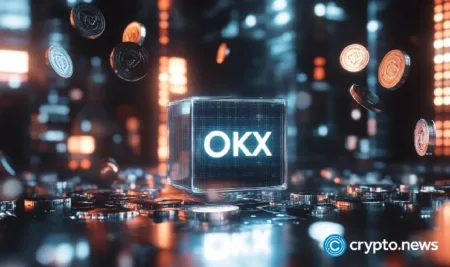Bloomberg’s recent editorial attacks on Tether and Trump’s rumored Bitcoin reserve plan have raised concerns in the crypto industry. The media giant accuses Tether, the biggest stablecoin issuer, of operating like a dodgy offshore bank with questionable reserves and ties to criminal activities. Bloomberg also criticizes Trump’s administration for being too cozy with Tether, warning of a potential financial crisis if Tether’s reserves collapse.
The editorial further slams Trump’s plan for a government Bitcoin reserve, calling it a potential scam that could leave taxpayers at risk. Bloomberg argues that Bitcoin has no industrial use or intrinsic value, and a government reserve would only benefit early holders and contribute to market speculation. The media giant warns of potential financial risks, including inflation, if the government funds the reserve by borrowing or printing money.
Bloomberg’s bias against Trump and crypto, driven by owner Michael Bloomberg’s political interests, is evident in the editorial. However, the warnings and criticisms raised by the media giant may not provide the complete picture. Despite the uncertainties and challenges facing Tether and Bitcoin, the crypto industry has shown resilience in the face of adversity. Trump, known as the “crypto president,” is unlikely to reverse his stance on crypto, despite Bloomberg’s criticisms.
In conclusion, while Bloomberg’s editorial raises valid concerns about Tether’s operations and Trump’s Bitcoin reserve plan, it is essential to consider the broader context and potential biases at play. The crypto industry has faced challenges before and has emerged stronger, and Trump’s support for crypto is unlikely to waver. The debate surrounding Tether and the government Bitcoin reserve plan highlights the complexities and uncertainties in the evolving world of cryptocurrency.



















